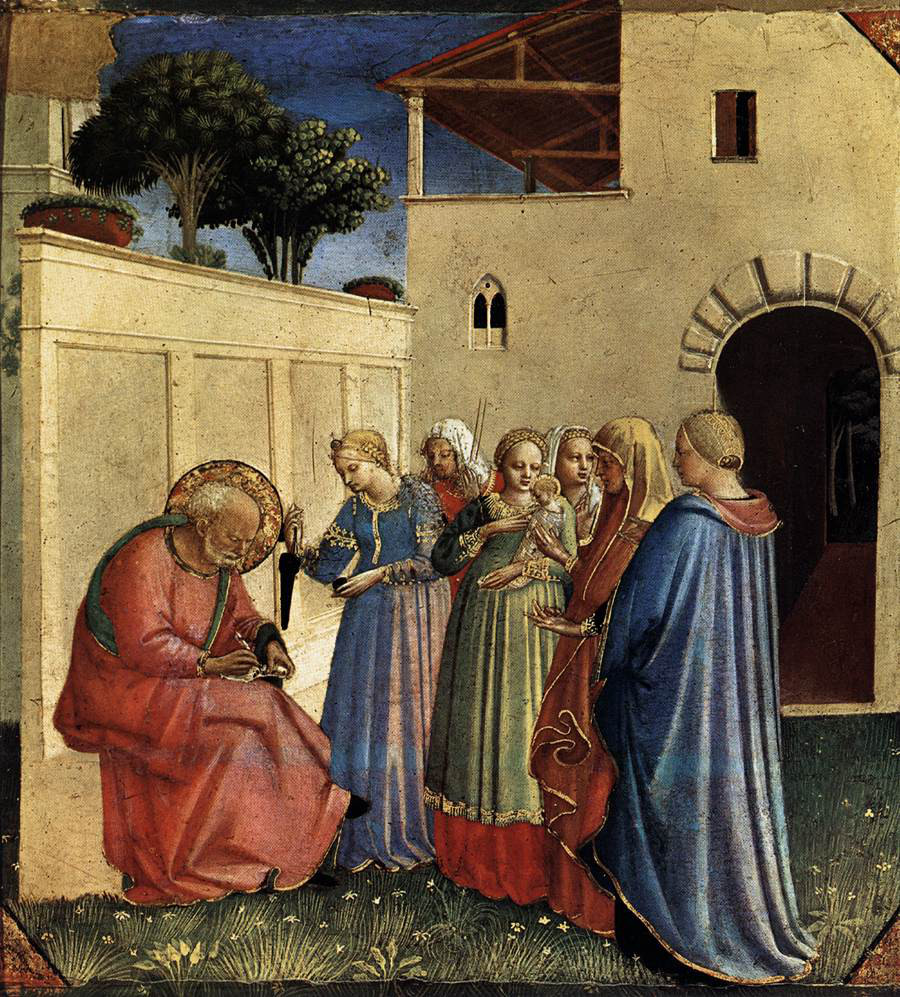Went into the Next Department Store in Aberdeen.
It is an amazing maze of clothes rails.
Many of them deeper in the shop are above my head height – my eye level is around 5 foot.
Yes it is, you doubters. My height is 5'3"max
What we wanted to buy was at the back of the store by a meandering path, through Narnia type rails of clothes.
I got separated from Sheila and decided to make my way to the door and wait for her to emerge.
Manda Quick, next time you're looking for a Prayer Labyrinth try the Next shop in the Bon Accord Centre.
I wandered lonely as a cloud and found myself amongst kettles, lingerie and stands of what Nanci Griffiths in her song about Woolworths would call 'unnecessary plastic objects.
No phone signal so no point trying to phone Sheila to tell her I might be gone for some time,
No need to panic Jim. You came in, you'll get out.
A small elderly woman examining house coats and slippers, and clearly gifted in the empathy department, noticing my confused bemused unamused search for an exit said, "Aye, you need a periscope in here."
Sure do!
Racks of clothes, piped music, ceilings glaring from wall to wall with shadowless lights, crowds of self-absorbed strangers on their mission to consume:
The opening lines of Dante's Purgatory suddenly find a context in my life!
Midway on our life’s journey, I found myself
In dark woods, the right road lost.
Tomorrow I preach on hope, using the text "The people who walk in darkness, have seen a great light."
Not a bad piece of sermon preparation, lost in a shop! Unable to see which direction to go!! No, not dark woods, over-illumined shops. So many lights that look the same so that instead of clarifying they confuse with their featureless anonymity, their brilliant sameness, their shadowless display.
Yes. Don't be daft. Of course I got home. Close thing though……………….

